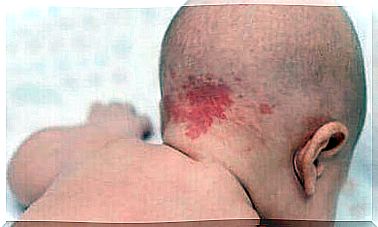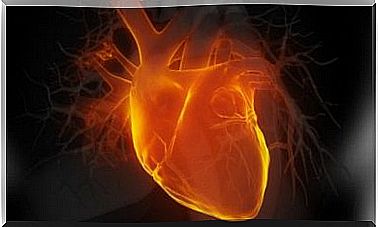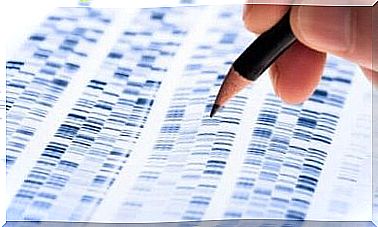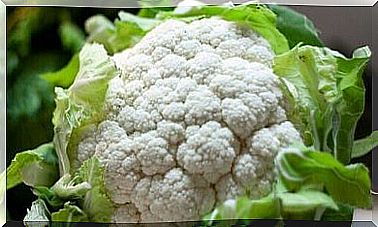Can You Consume Caffeine During Pregnancy?
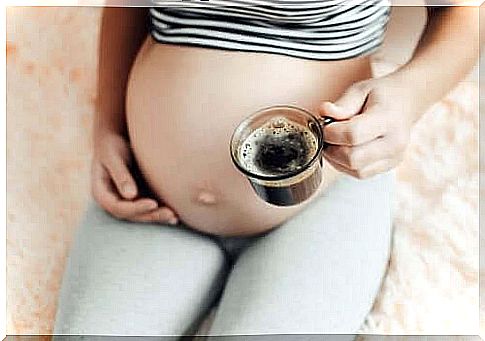
One of the first questions that come to women’s mind after discovering they are pregnant is what diet to follow at this stage. One of the most frequently asked questions is whether or not consuming caffeine during pregnancy is safe or not.
There are many myths and tips about this topic. How true are the myths then? In this article, we present the latest research on caffeine consumption during pregnancy.
Caffeine Consumption During Pregnancy
The vast majority of women drink coffee in the morning and many continue to drink it throughout the day. However, did you know that other drinks and foods also contain caffeine?
Some soft drinks, chocolate, energy drinks, some infusions, such as tea, and even some medications contain caffeine. You must therefore know them all to calculate your daily intake!
Myths and truths
There are many myths about using caffeine during pregnancy. Find out below whether these myths are true or not based on scientific information.
1. Caffeine Causes Birth Defects
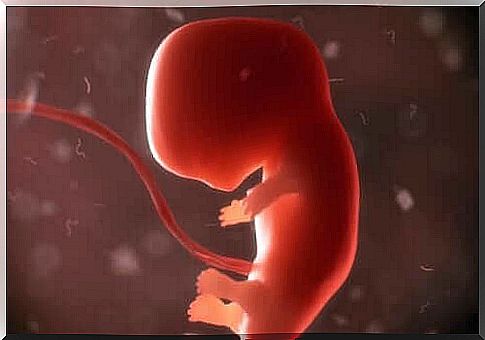
Birth defects have been associated with caffeine consumption in a number of animal studies. However, they are not decisive in humans. A number of animal studies concluded that mothers who consumed caffeine had an increased risk of giving birth to offspring with birth defects.
However, studies in humans have not provided conclusive data. A 2011 study analyzed the association of caffeine consumption during pregnancy with birth defects such as:
- Esophageal and intestinal atresia
- Microtia/note
- Craniosynostosis
- Diaphragmatic hernia
- omphalocele
- Gastroschisis
Although they found small increases in risk in women who consumed caffeine during pregnancy, they found no convincing evidence. Further research is therefore needed on the association of caffeine with birth defects.
2. If you drink caffeine during pregnancy, your baby is likely to have a low birth weight
In 2014, researchers analyzed 13 existing studies in depth to determine whether there is a link between caffeine consumption during pregnancy and low birth weight (less than 2.5 pounds).
The result showed that high caffeine consumption was associated with an increased risk of low birth weight. For this reason, they recommend minimizing caffeine intake.
3. Caffeine Can Cause Miscarriages
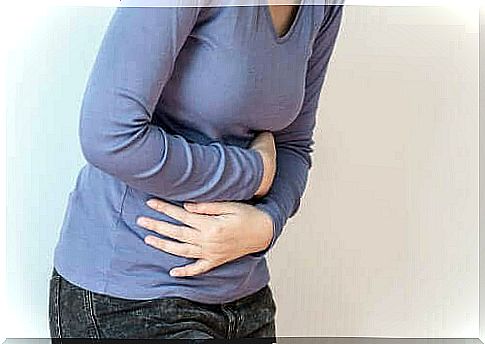
Excessive caffeine consumption is associated with an increased risk of miscarriage. Researchers analyzed 28 studies to determine whether there is a link between caffeine consumption and miscarriage.
The results suggested a link between both factors. For every 150 mg increase in caffeine, the risk of miscarriage increased by 19%.
4. Caffeine Crosses the Placenta and Can Affect the Baby
Several studies support this claim. If the mother consumes caffeine, the baby does so through the placenta. As you probably know, caffeine is a stimulant that can cause insomnia and other side effects.
If you drink caffeine, your baby will also absorb it. This way they can enter a phase of hyperactivity that won’t let them or you sleep either! For this reason, it is usually advisable to minimize its intake.
5. Drinking too much coffee can make you dehydrated

Coffee is stimulating and diuretic. The caffeine in coffee, tea and other drinks and foods is diuretic. It therefore increases the frequency of urination. People who drink a lot of caffeine may be at increased risk of dehydration, which is one of the worst complications of pregnancy.
6. Regular Consumption of Caffeine Can Cause Preterm Labor
If you have ever heard this claim, then you should know that there is a truth behind it. Only related to high caffeine intake. The American College of Obstetricians and Gynecologists (ACOG) published that a high intake (more than 200 mg/day of caffeine) could increase the risk of preterm labor.
Conclusion
Talk to your doctor about your caffeine consumption during pregnancy. So there is currently no conclusive data on how much caffeine is safe for the baby during pregnancy.
However, doctors are generally of the opinion that moderate intake, i.e. less than 300 mg per day, should not cause complications during pregnancy. The medical recommendations for safe caffeine intake for a pregnant woman range between 150 and 300 mg/day.
If the mother cannot avoid the consumption of caffeine during pregnancy, either because she is used to consuming a lot of it or because of her cravings, the World Health Organization recommends moderating it. Either way, ask your doctor for advice on this.



